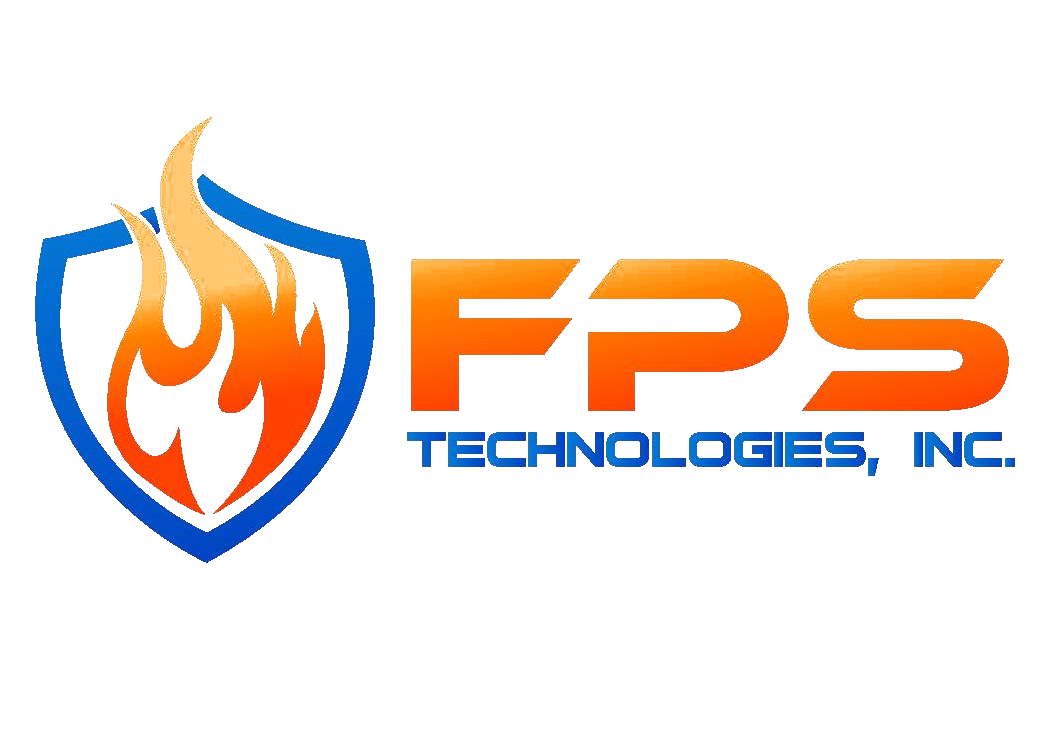Remodeling can be an exciting, but daunting task. There are many different facets that have to be considered by the commercial remodel project owner, including cost, design, the decision of what brands or companies that will be used, and much more.
Remodeling as a Tenant vs Owner
A commercial remodel differs in a variety of ways, depending on if one looks at the project from the perspective of an owner or a tenant of a particular commercial building space. Some key differences:
Owner:
- The owner generally has to put up most of the money associated with the project and wants to be as financially conservative as possible.
- The owner will also be greatly concerned with any major structural or exterior cosmetic work that might need to take place. This helps ensure that if and when a tenant business owner moves out, the owner can still use the building for a different tenant business owner down the road.
Tenant:
- The tenant generally pays for the cost of the commercial remodel in a monthly fashion to the owner, so the tenant business owner will often have greater demands when it comes to financial decisions throughout the process.
- The tenant business owner is not going to worry too much about minimizing structural or exterior work, because they will generally be primarily concerned with what needs to happen to meet their business’ needs.
Remodeling And Need Fire Protection Systems?
Get a Free Assessment of Your Building Today!
Before Considering a Commercial Remodel
To help ensure a smooth project, it helps for a commercial remodel project owner to consider the following before a commercial remodel:
- Preliminary budget - Ensure the property owner has the funds in place to work through the entire project.
- Pre-work survey of existing site conditions - Visit the site in advance to identify major obstacles to be addressed during the early physical work phase of the project.
- Project timeline - When potential stumbling blocks are identified, the project owner should plan subcontractor projects and timelines.
- Pricing - Many commercial remodel projects will often require the expertise of more than a dozen subcontractors. It is important for the project owner to sort through and understand the details of each contractor’s bid. Cheap bids can lead to surprises or shoddy work over the course of a project. Find a trusted subcontractor.
- Ordering materials - Identify opportunities to order in bulk to take advantage of discounts. Think about long-term needs as well as the short-term cash flow.
- Project clean-up - It’s human nature to wrap up one project and quickly move to the next. However, the clean-up after a project is important and the site needs to be safe and clean for the next phase of the project.
Tips for Staying on Schedule
Delays can cause your remodel to run over budget and impact your cash flow. Consider these tips to keep your remodel on schedule:
- Perform research before hiring each subcontractor - Look for specific areas of expertise instead of a “jack of all trades.” Check licenses, read reviews, ask for references and visit a current job site to see them at work.
- Solidify a regular work schedule for each subcontractor - Start with the date the project must be complete and work backward to set timelines. Verify the timeline for each phase of the project, and hold the subcontractor accountable.
- Set expectations beforehand - Discuss your expectations with each subcontractor before the work begins. Include everything from the best method of communication and payment terms to materials costs and project clean-up.
- Plan for Delays - Delays are inevitable during the course of a commercial remodel. Material shortages, shipping delays and inclement weather can all delay projects. Build buffers into your timeline and consider giving subcontractors the option to work outside of normal business hours if they are willing to do so to make up for a delay.
Pros and Cons of Remodeling a Commercial Building
A commercial remodel can be a huge project that impacts your business and your finances. However, the investment can have significant pros and cons:
Pros include:
- Update cosmetics - Spend the time and effort to give the project the right look and keep up with current trends.
- Increase the building/property value - Modernization of the space can increase the market value of the building or property.
- Expand or revamp the “use and occupancy” classification - Can the remodel help the business owner use the space more effectively for the business? Will it allow you to have more employees or customers on the premises?
- Repairs - A commercial remodel is a great time to take care of nagging repairs and ongoing problems.
Cons include:
- Time and/or cost-efficiency - Commercial projects can have delays and surprises that impact the project cost and timelines.
- Environmental/mechanical issues - Timelines and costs can also be impacted by mold, termites, foundation damage, leaks, etc.
- Reliance on unknown subcontractors - Project owners must do research and develop a network of trusted subcontractors with specialized expertise.
- Ever-changing code requirements - There are frequent regulatory changes in virtually every industry. It’s vital to have subcontractors who bring expertise on the most current requirements.
Finding Your Local Codes
Building and construction codes exist for a reason. Following local codes helps ensure safety and the long-term viability of your building, and can often reduce insurance costs. Business owners should be aware of code requirements, and work with contractors who have expertise in specific areas. A good business practice would be to do an annual code check during the slow season to ensure the company is compliant with current codes.
How to Hire the Right Subcontractor
A huge amount of expertise is needed in a commercial remodel. Subcontractors include electrical, heat & air, utilities, plumbing, interior and exterior construction, flooring, fire protection systems (our specialty), masonry, landscaping, doors and windows, audio/visual communications, and more.
All must work together seamlessly in a timeline to move the project to completion.
When vetting subcontractors, consider:
- Tenure - The length of time in business is often a reflection of how good they are at what they do.
- Digital footprint - Website quality and Google reviews can be a reflection of their professionalism and desire to have information available 24/7 for clients.
- Thorough scope of work in bids - A simple or short-sighted bid could mean the subcontractor is inexperienced or provides low-quality work.
- Physical appearance of the business and employees/technicians - The physical appearance, cleanliness, and professionalism of the organization and team speak volumes about how the operation is run.
- Licensing - Verify the subcontractor is licensed, insured, and bonded.
Want to Make Sure You Have Everything in Place for Your Commercial Remodel?
Click Here to Download the Commercial Remodel Checklist!
Determining a Compliance Budget
A company’s fire prevention and safety budget is very often the first area cut to save money. But business owners must remember that accidents do happen and your building is not immune to fires.
When developing a compliance budget, consider:
- Frequent changes in building code and insurance requirements.
- Changes in building hazard classifications if the declared use of the building changes with the business or tenants. This can also change if items stored in a warehouse evolve into different products.
- Emergency service costs - What is the cost of recovery and mitigation compared to the cost of preventive maintenance.
- General inspection and maintenance costs over time - Licensed companies can perform annual inspections to ensure the business meets regulatory requirements and avoids safety issues and potential fines.
Maintaining a proper compliance budget and preventative maintenance can save business owners in the long run.
What to Look for in a Fire Prevention Company
As in any industry, some contractors are stronger than others in meeting your business needs. When researching a fire protection contractor, ask questions like:
- Are you licensed, insured and bonded? Surprisingly, there are businesses violating the law in this area.
- Do you offer emergency services? Can the company serve you outside of business hours?
- What are your emergency response times? Shorter times demonstrate the commitment to customer service.
- What is your service area? Will they be close enough to handle emergency situations?
- What services do you provide? For example, FPS Technologies also has expertise in electrical security and safety.
- What is the tenure and skill level of your technicians? The person you work with on a bid is typically different than the ones doing the actual work. What is their level of expertise?
- Do you require continuing education for your employees? How does the team stay current on codes, regulations, etc.?
Overall, the main trait you should be looking for in a fire protection services company is efficient with your time and your money and has been in business for a good amount of time. FPS Technologies fits both of these categories to a ‘T’.
We would love to become your go-to contractor for all of your fire protection needs, whether that be regularly scheduled maintenance of your fire extinguishers or revamping your emergency exit lighting system. Call us today at (405) 842-8708 for more information on how to get started.



